In Vermont, a proposed bill aiming to restrict drone usage near private properties has recently soared into the legislative Spotlight. While it initially failed to clear the crossover deadline, lawmakers have ingeniously kept its hopes alive by incorporating its provisions into a broader legislative package, H.878. This measure addresses “miscellaneous judiciary procedures” and has already passed the House, with discussions ongoing in the Senate, reports VermontBiz.
High in the Sky: What’s the Buzz?
Earlier this year, Vermont lawmakers were busy debating H.284, a bill designed to ban the operation of drones below 328 feet (100 meters) above private property without owner consent and prevent any surveillance of private spaces via drones. The bill didn’t make it past its committee stage by the required deadline due to what Rep. Josie Leavitt, a key proponent, attributed to “human error.”
Despite this hiccup, the essence of the bill lives on in H.878. If passed, this legislation will not only ban low-altitude flights over private properties for recreational purposes but also prohibit any form of surveillance intended to observe or record private dwellings or their occupants.
Zooming In: Tech and Tensions
The initiative has garnered support from several legislators but faced criticism from drone enthusiasts and commercial operators. The founder of a drone services group has labeled the bill’s restrictions as “arbitrary,” arguing that consumer drones do not possess the necessary zoom capabilities to discern clear details from significant heights.
Privacy vs. Progress: A Delicate Balance
The push for this legislation was triggered by a concerned homeowner who reported a drone hovering above his property while his daughter was sunbathing. This incident highlights the growing need for regulations that balance technological advancements with personal privacy rights.
Rep. Leavitt emphasized that the bill is intended as a reminder for drone operators to respect private property boundaries. Offenders would face a fine of $50 for initial violations and up to $250 for subsequent breaches.
Awaiting Final Verdict
As of May 1, the fate of the bill rests in the Senate Committee on Judiciary. If enacted, these regulations could set a precedent for how Drone Technology is managed in terms of privacy across the United States. The ongoing debate underscores a crucial question: how do we navigate the thin line between embracing innovation and safeguarding individual privacy?
Discover more from DroneXL.co
Subscribe to get the latest posts to your email.


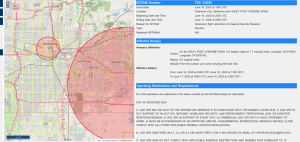
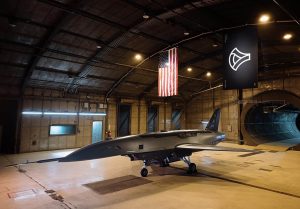

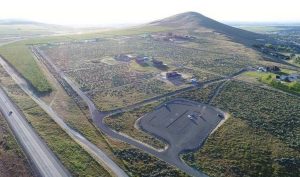
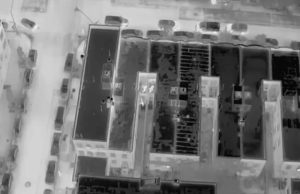


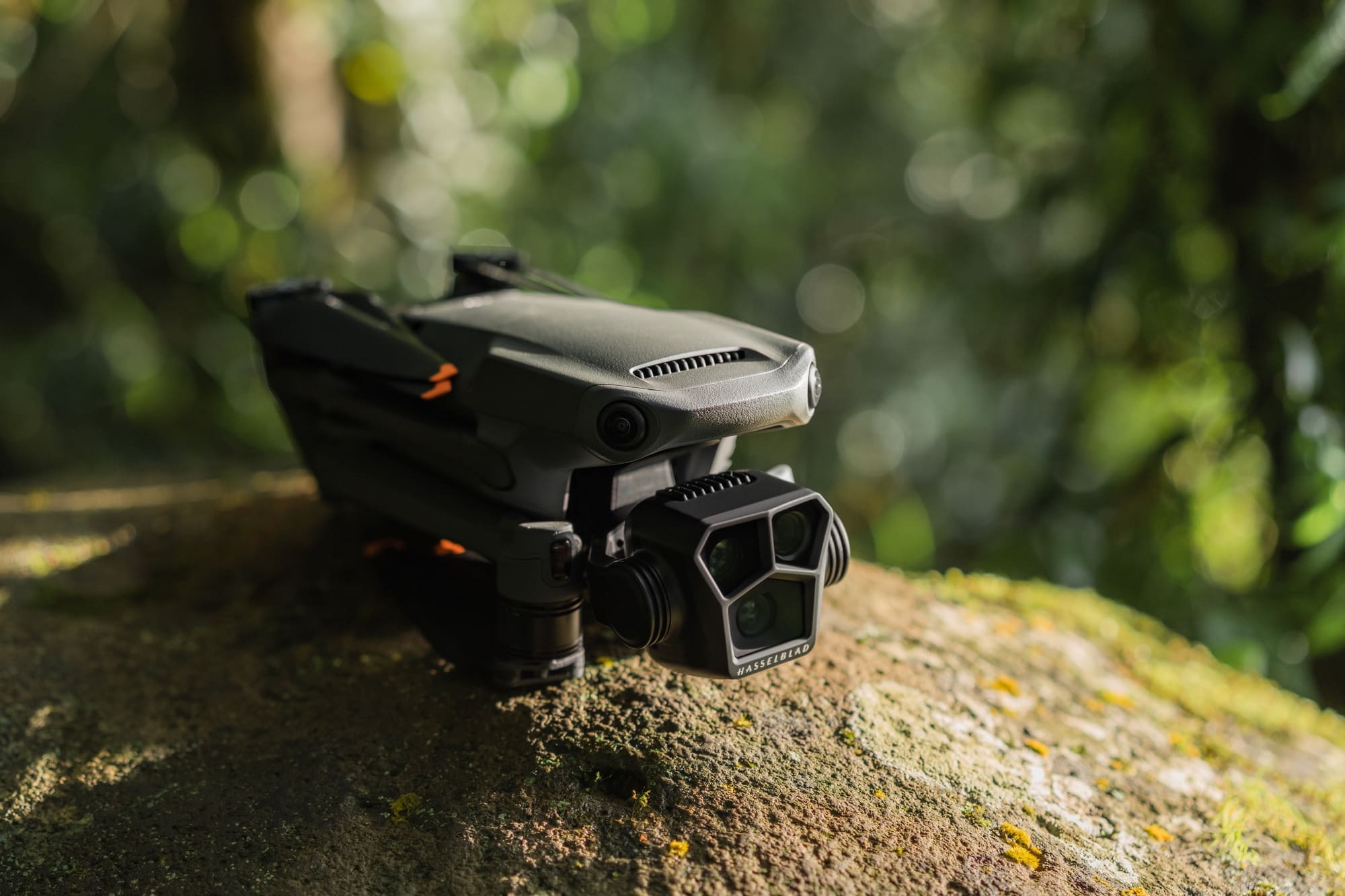
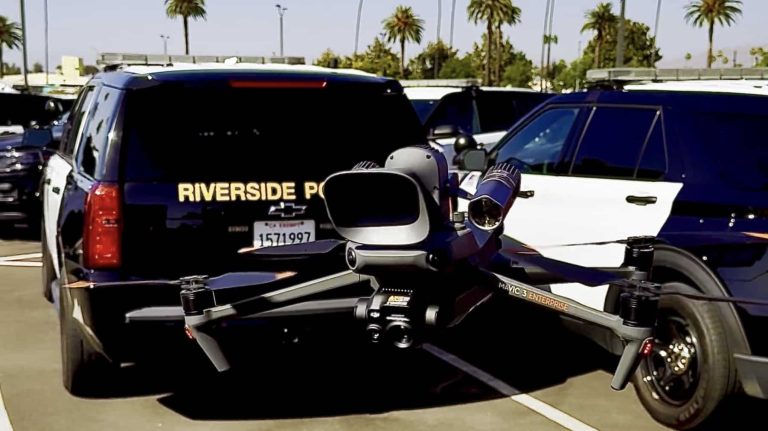
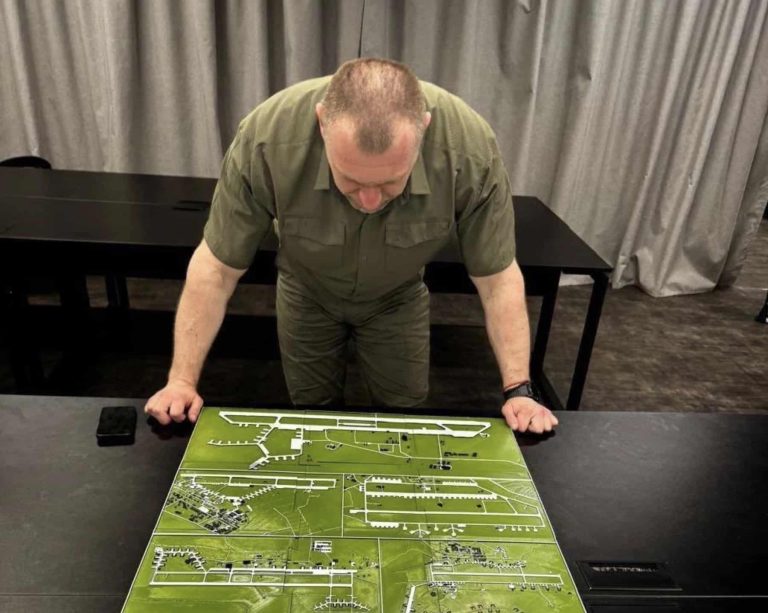
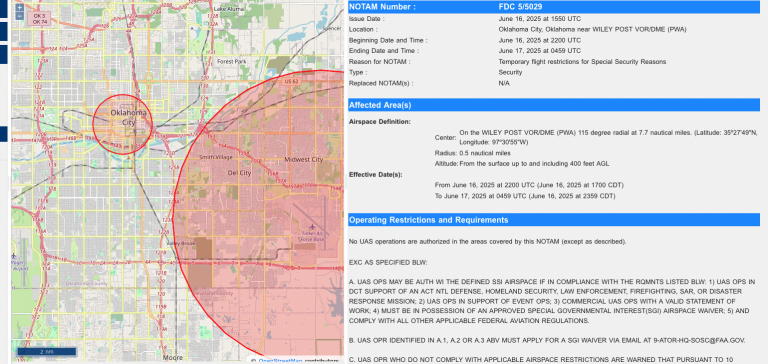


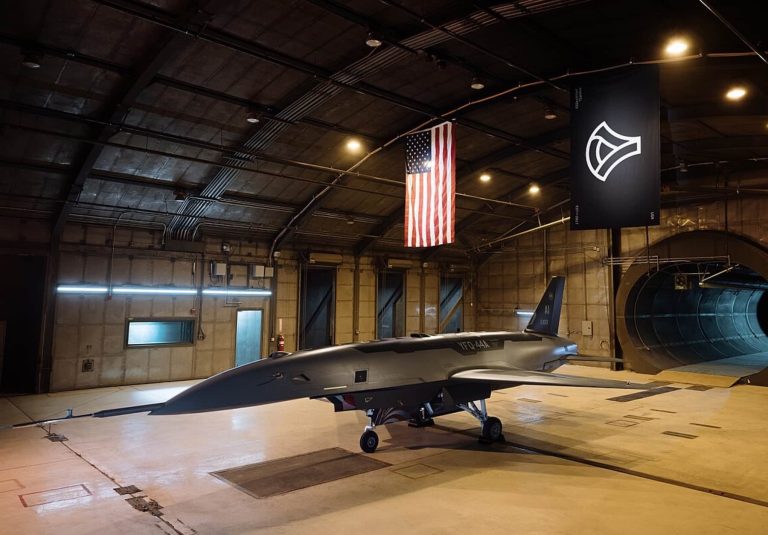
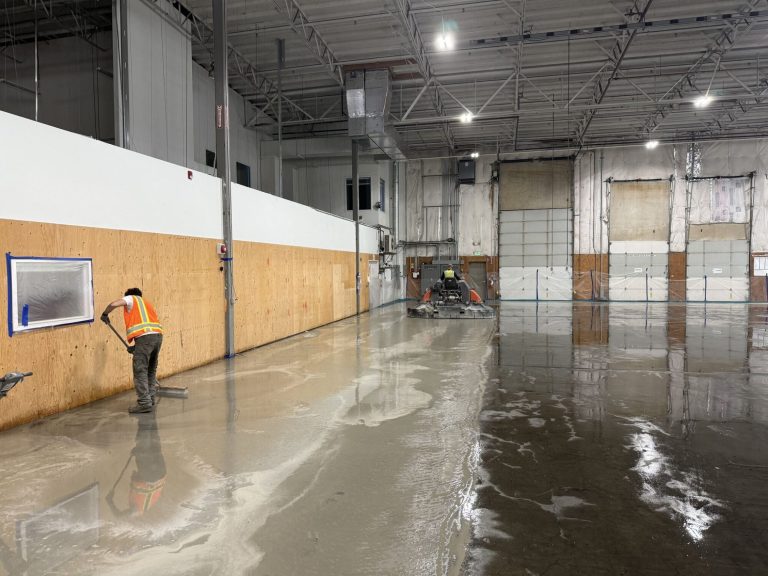
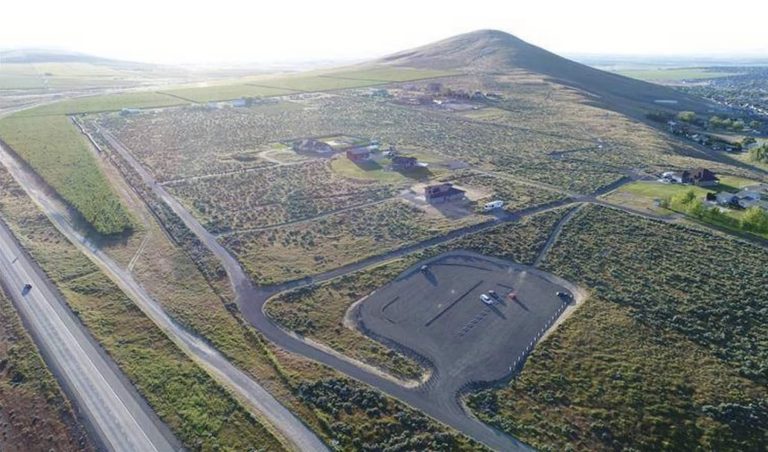
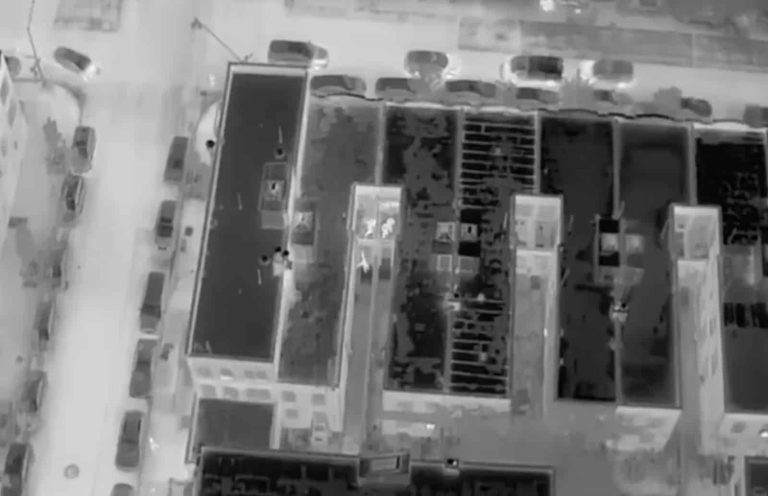

+ There are no comments
Add yours